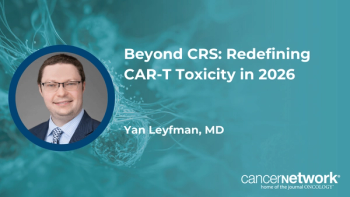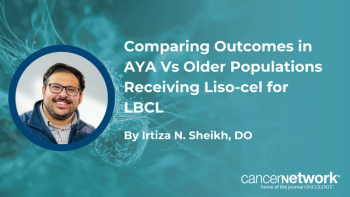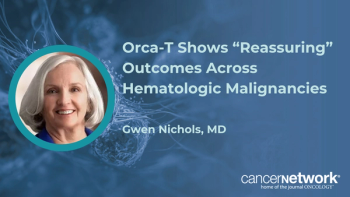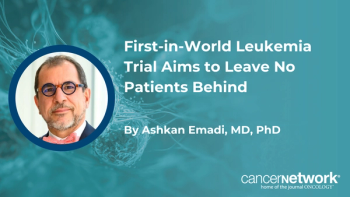
FDA Requests Marketing of Ponatinib Be Suspended
In the wake of reports that the drug ponatinib (Iclusig) can significantly increase risk of dangerous cardiovascular events, the FDA has asked the manufacturer to suspend sales and marketing of the drug in the United States.
In the wake of reports that the drug ponatinib (Iclusig), used to treat resistant or intolerant chronic myeloid leukemia (CML) and Philadelphia chromosome-positive acute lymphoblastic leukemia (ALL), can significantly increase risk of dangerous cardiovascular events, the Food and Drug Administration (FDA) has asked the manufacturer to suspend sales and marketing of the drug in the United States.
The request by the FDA, made on October 31, follows a
The FDA
According to the FDA statement, “the phase I and II clinical trials did not include a control group so it is not possible to determine the relationship of these adverse events to Iclusig, however the increasing rate and pattern of the events strongly suggests that many are drug-related.” It is not currently possible, the statement concluded, to determine a dose or exposure level that should be considered safe.
Ariad is complying with all FDA requests on the matter, though the company did make a case for its efficacy when the initial safety alert was issued. A press release cited the persistence of responses in the PACE trial, in which 90% of those patients who achieved a major cytogenetic response maintained the response after a median of 19 months.
Ponatinib also
Newsletter
Stay up to date on recent advances in the multidisciplinary approach to cancer.














































